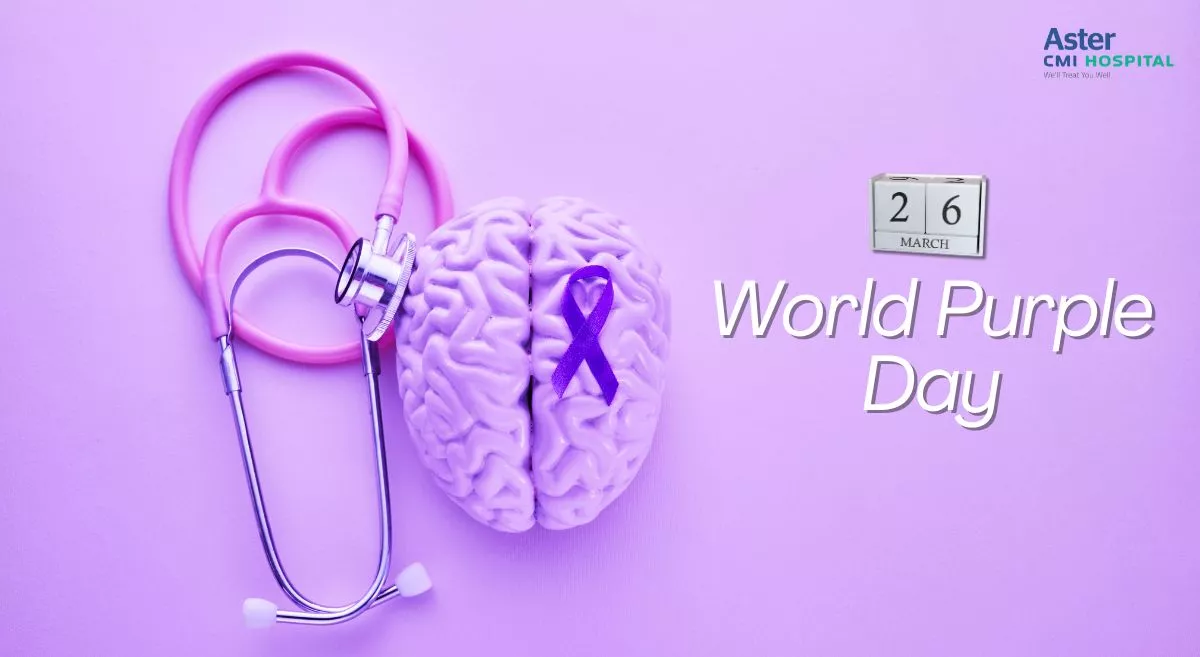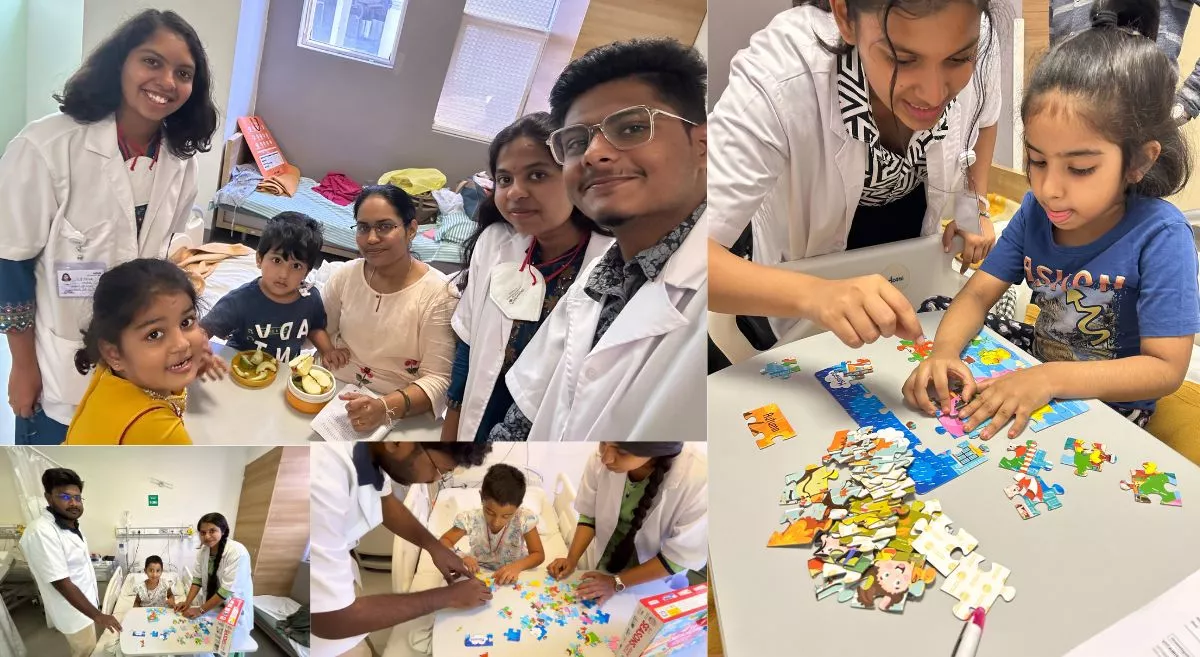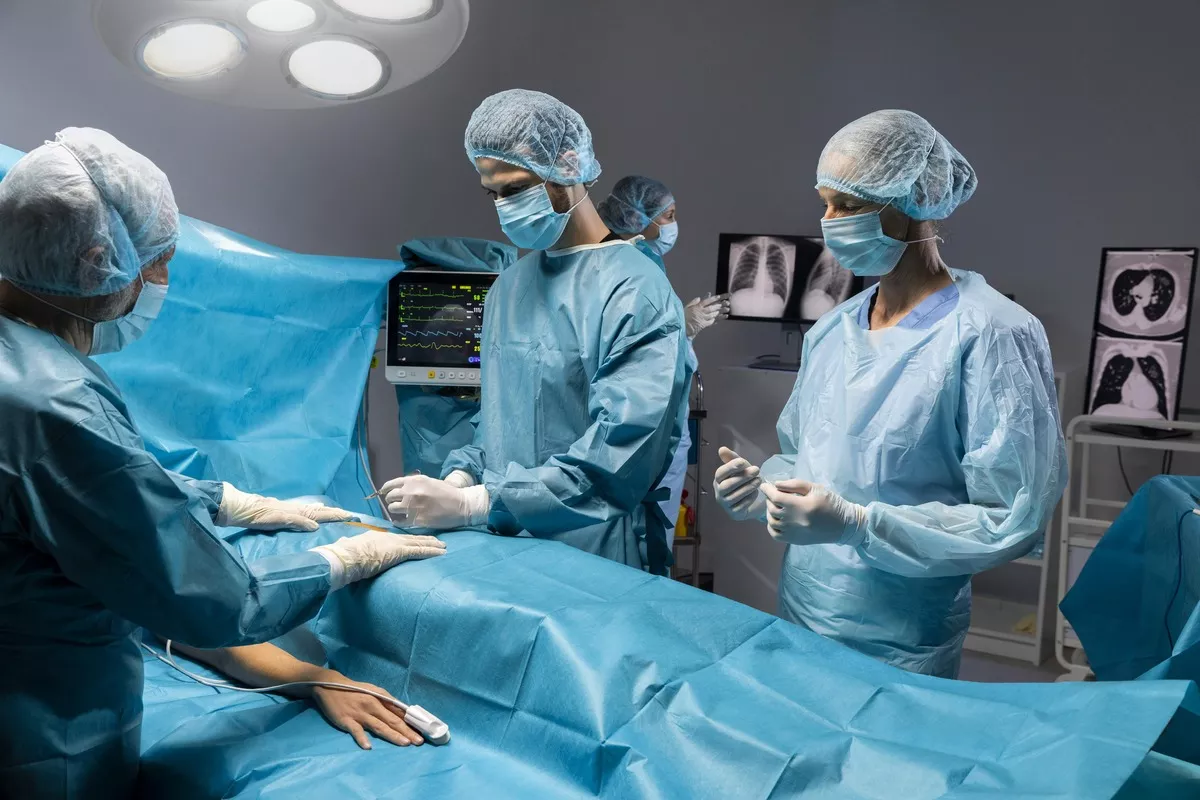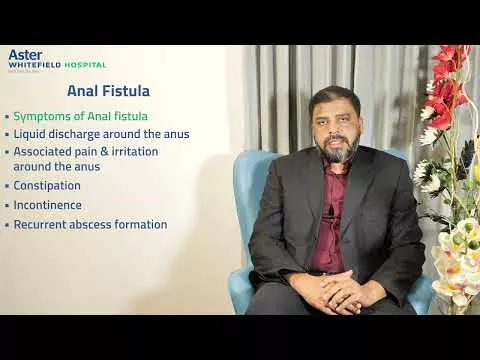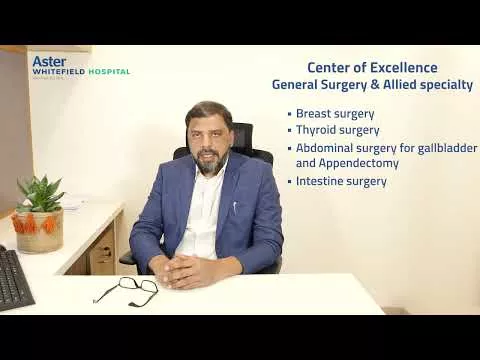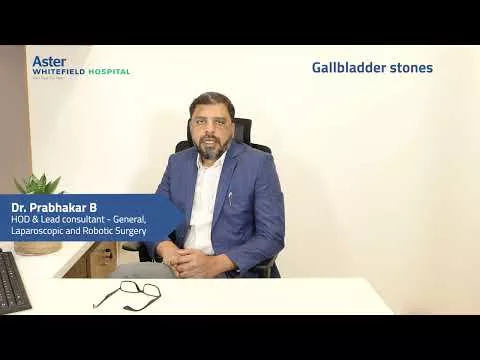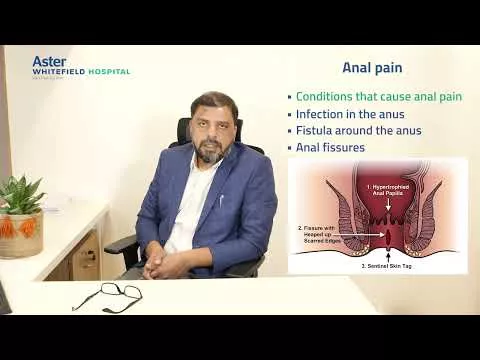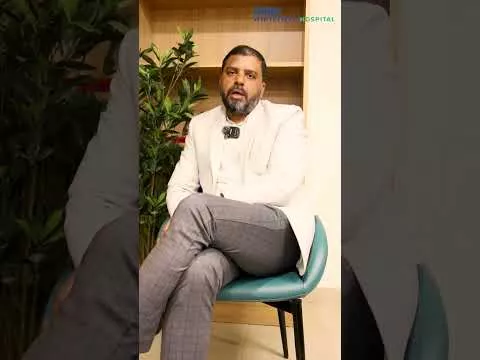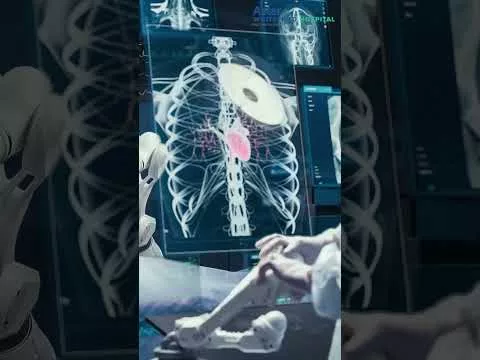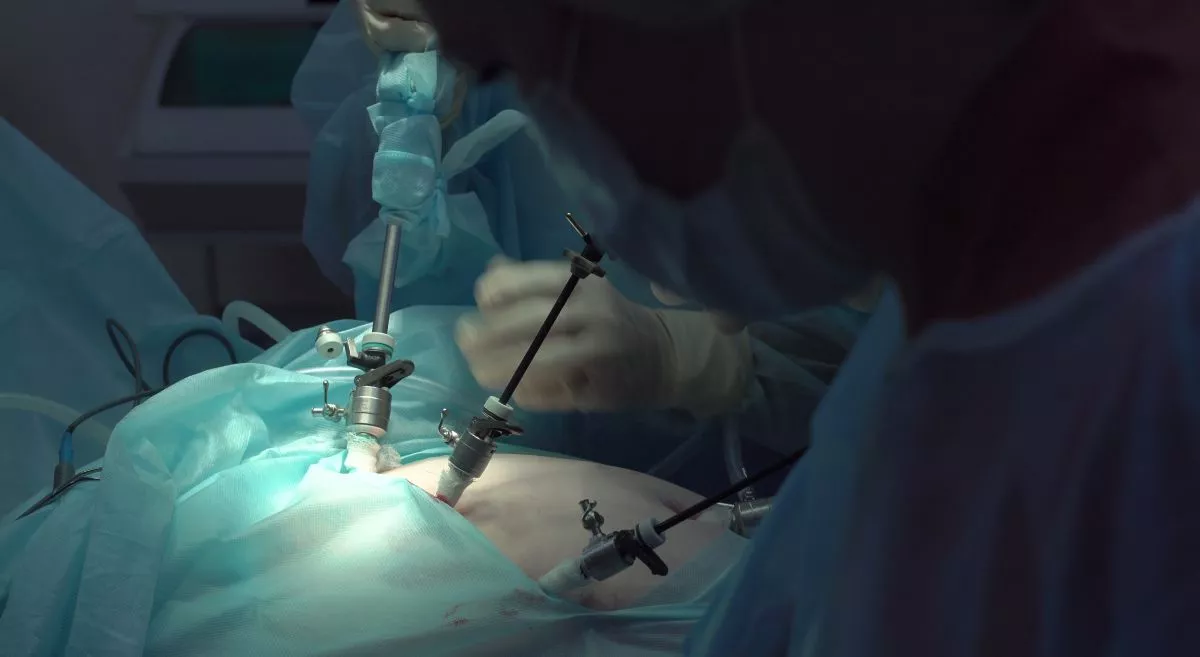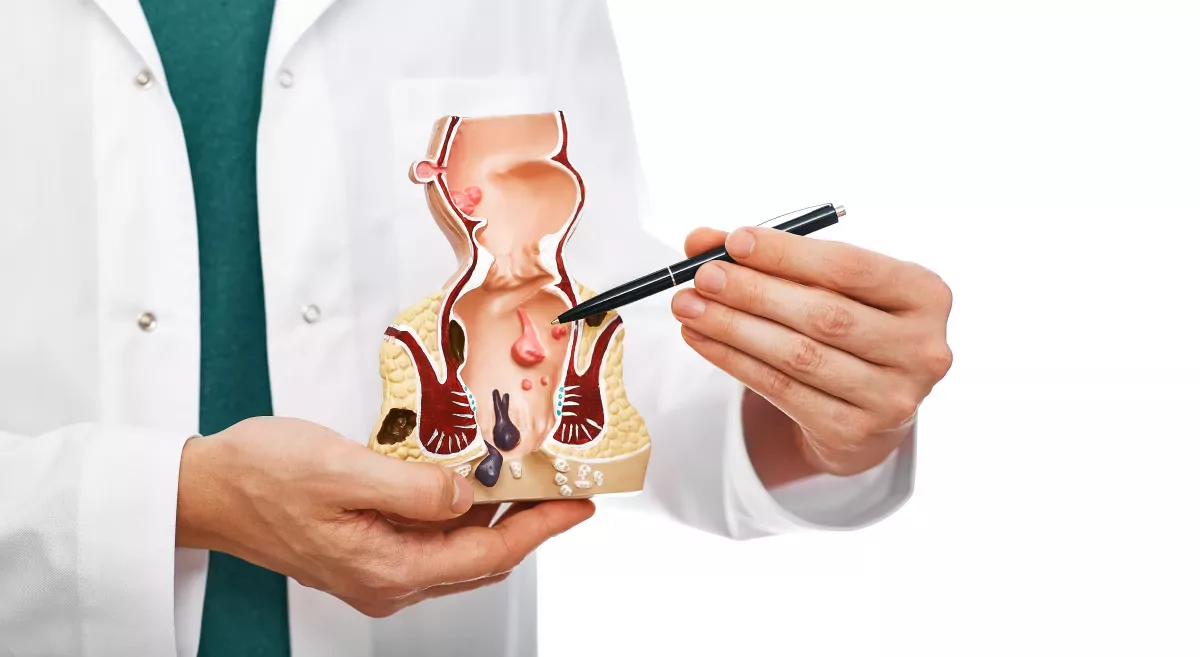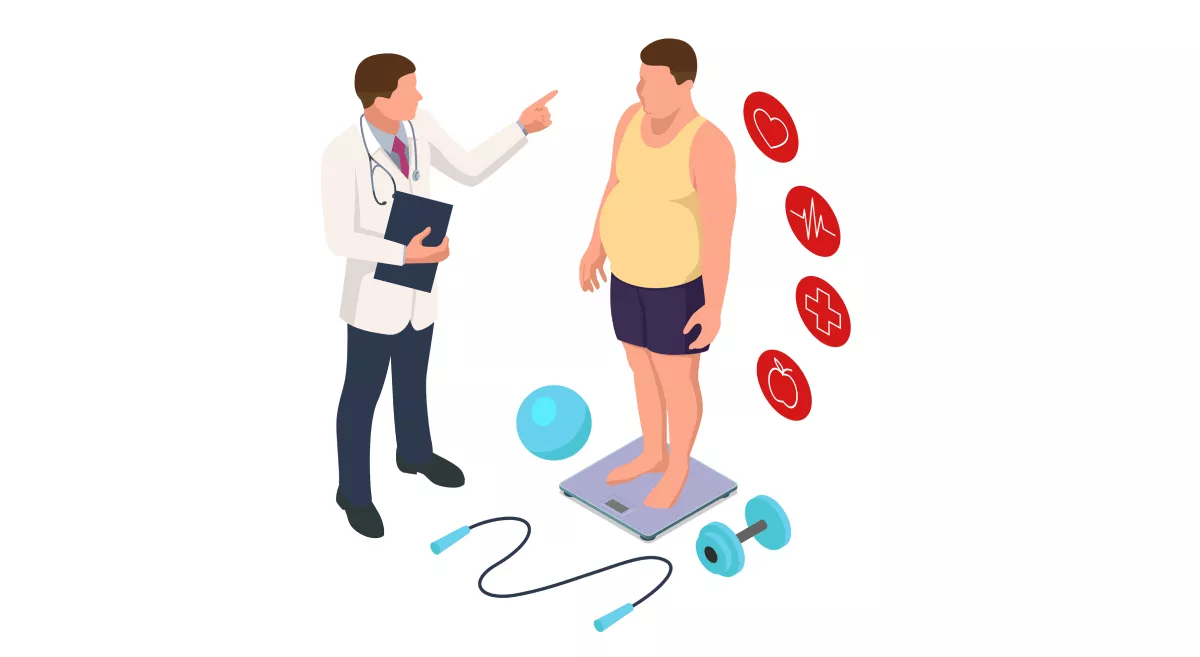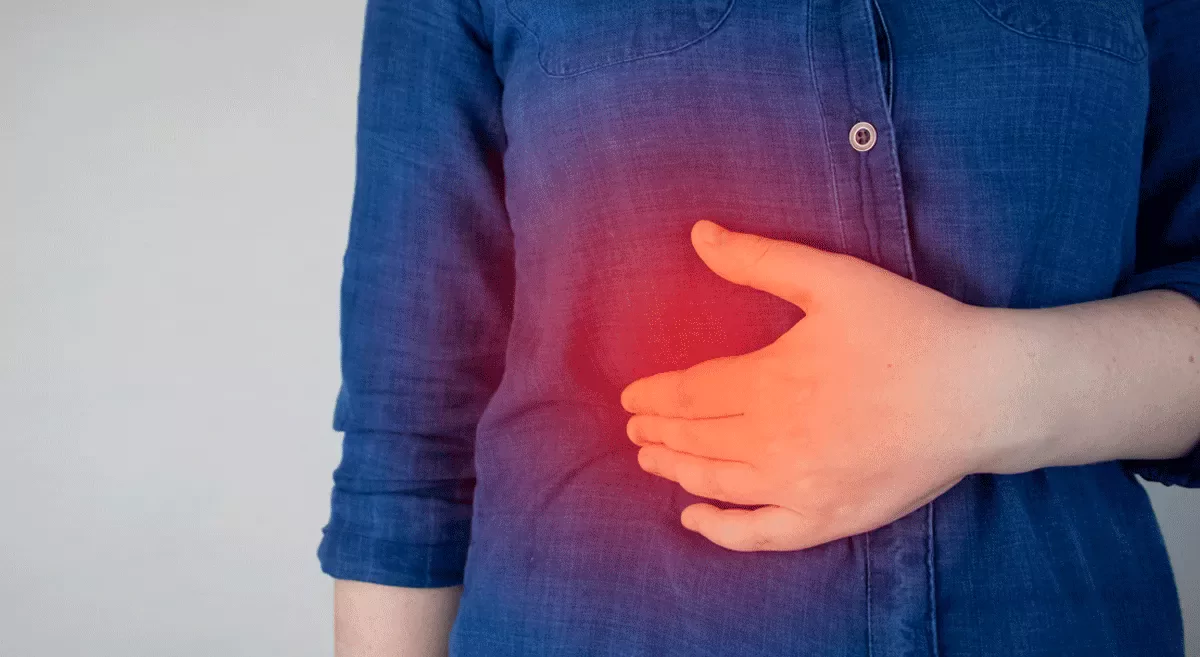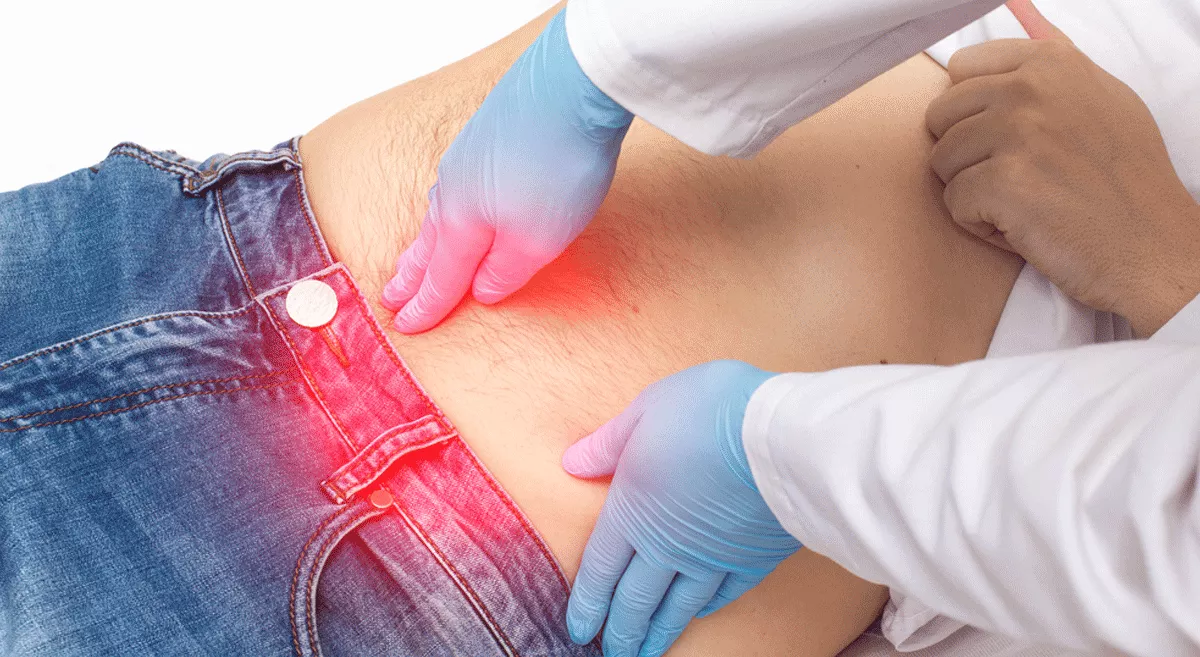This video provides a comprehensive overview of treatment options for anal fistulas. Dr. Prabhakar B, HOD and Lead consultant in General, Laparoscopic and Robotic Surgery at Aster Whitefield Hospital, discusses the various surgical and non-surgical approaches available for treating anal fistulas.
Anal fistulas rarely heal spontaneously and often require surgical intervention. It covers the factors influencing the timing of surgery, including the severity of the infection and the patient's overall health.
Treatment Options
Dr. Prabhakar then delves into the different treatment options, such as:
- Seton placement: A thread is inserted into the fistula tract to allow for drainage and potential spontaneous closure.
- Fistulotomy: The fistula tract is completely opened and left to heal gradually.
- Lift procedure: A submucosal ligation of the fistula tract is performed to reduce the need for extensive cutting.
- Laser-assisted fistula closure: A laser is used to burn and seal the fistula tract.
- Fistula plug: An artificial plug is inserted to close off the fistula tract.
It is important to consult with a doctor to determine the most suitable treatment options based on the individual patient's condition and preferences. The potential complications of anal fistulas, include persistent discharge, pain, irritation, incontinence, and recurrent infections.
Finally, Dr. Prabhakar offers preventive measures, such as maintaining good bowel health and avoiding constipation, to reduce the risk of developing anal fistulas. To know more, consult our experts at Aster Whitefield Hospital.
To book an appointment, contact us at 080-4510 8888.


